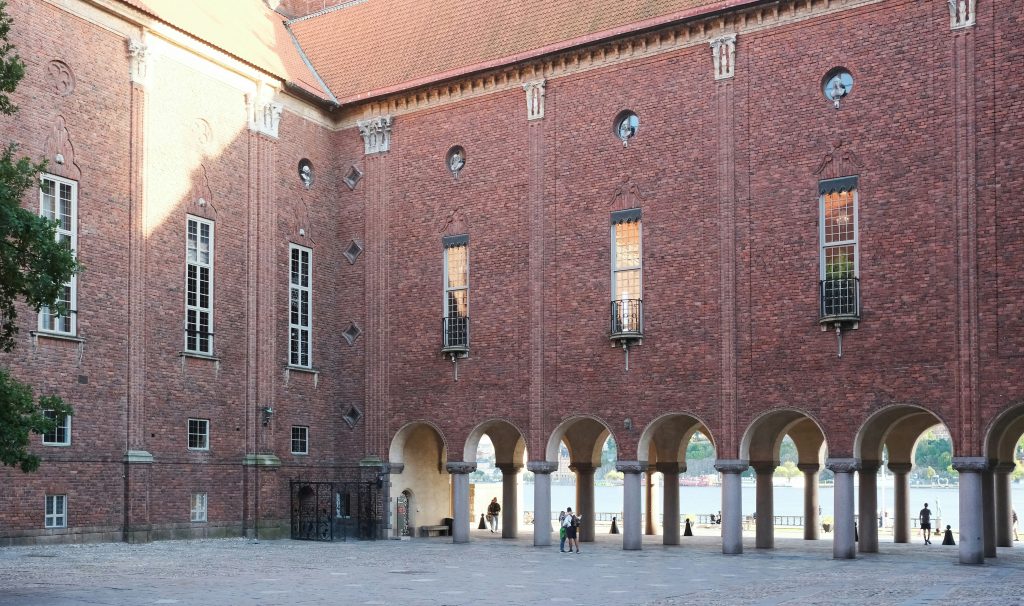In a groundbreaking announcement on October 7, 2024, the Nobel Prize in Physiology or Medicine has been awarded to two eminent scientists for their pioneering work on microRNA, a discovery that has significantly advanced the field of genetics and molecular biology. This prestigious accolade has been shared by a professor of genetics at Harvard Medical School and an alumnus of MIT, who have been instrumental in unraveling the complexities of microRNA, a small but powerful molecule that plays a critical role in regulating gene expression.
MicroRNA research has opened new avenues in the medical field, with implications for understanding various diseases, including cancer, diabetes, and metabolic disorders. The duo’s collaborative work has not only shed light on the fundamental mechanisms of cellular processes but has also provided valuable insights that are shaping contemporary approaches to disease treatment and prevention.
The announcement has generated a flurry of excitement within the scientific community and beyond, with accolades pouring in from colleagues, students, and researchers worldwide. The recipient from Harvard expressed a blend of surprise and gratitude, noting that the recognition is a culmination of years of relentless research and dedication. “My ignorance is bliss,” he remarked, emphasizing the unexpected nature of their discovery and the serendipitous journey of scientific exploration.
As the news spread, it became evident that this recognition is not just a personal triumph but a celebration of scientific collaboration and innovation. Their discovery of microRNA has significantly influenced how scientists approach gene regulation, providing a novel perspective that could lead to revolutionary treatments in the future.
Both recipients have dedicated their careers to the pursuit of knowledge in genetics, and their work serves as an inspiration for the next generation of scientists. The advancements made possible by their research underscore the importance of continued investment in scientific inquiry and education.
The Nobel Prize serves as a reminder of the transformative power of research and the profound impact it can have on society. As microRNA continues to be a focal point of research, the implications of these discoveries will undoubtedly extend far beyond the laboratory, influencing health policies, treatment methodologies, and the overall understanding of human biology.
In light of this significant achievement, it is essential to recognize the role of interdisciplinary collaboration in advancing science. The integration of knowledge from various fields has proven to be a catalyst for innovation, and this Nobel Prize serves as an emblem of that synergy.
As we celebrate these remarkable achievements, it is crucial to reflect on the future of research in microRNA and its potential to unlock new frontiers in medicine. The journey does not end here; rather, it marks the beginning of a new chapter in the exploration of genetic regulation and its implications for human health. The scientific community eagerly anticipates the next steps in this ongoing journey, as researchers build upon the foundational work laid by these Nobel laureates, striving to translate their findings into tangible benefits for society at large.

